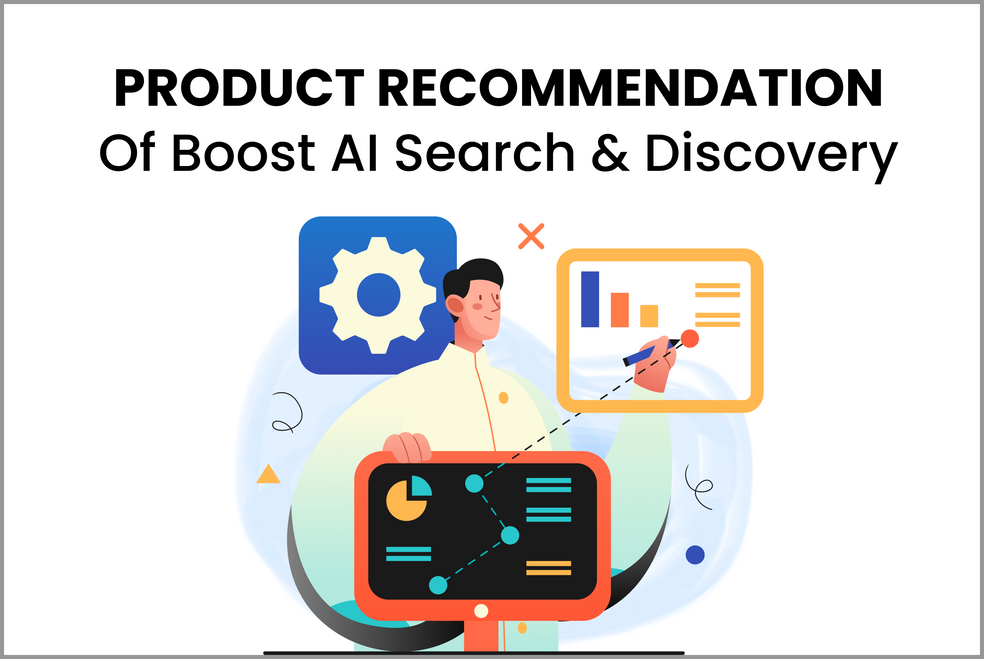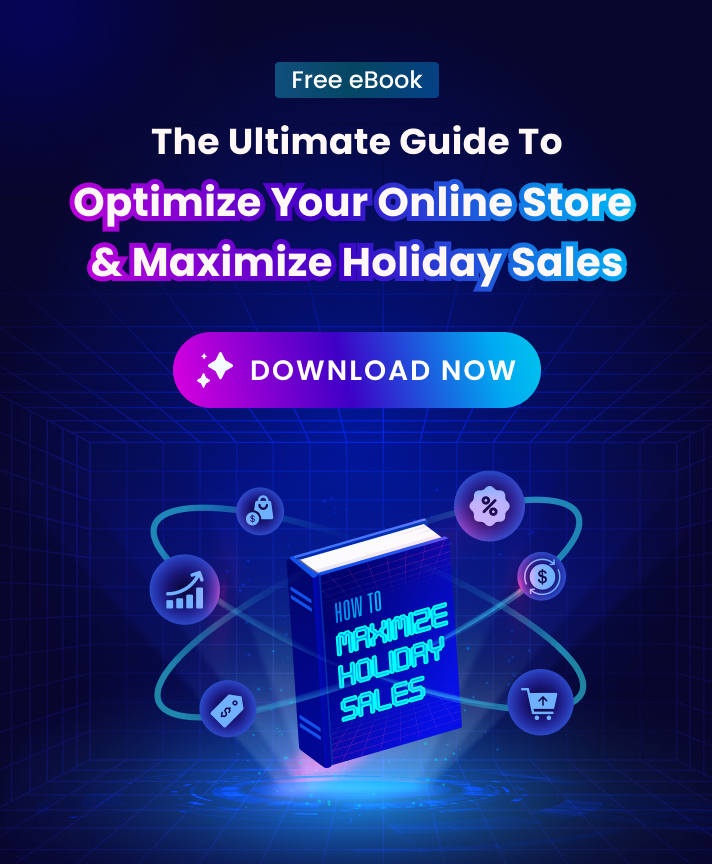What is Query Relaxation?
The Query Relaxation algorithm relaxes the query matching criteria from “match on all terms” to “match on one term”. This feature leverages semantic understanding to extract the product type from the shopper’s query input. The extracted product type is then used to display relevant product results, instead of zero results.



What is Query Relaxation used for?
- Query Relaxation algorithm helps reduce the chances of returning zero search results by accommodating related product matches based on relaxed query-matching criteria.
- By displaying products that are relevant to the customer’s search query, the Query Relaxation algorithm lowers bounce rates and improves search relevance.
How does it work?
The Query Relaxation algorithm makes the search easier by using the product type to find product matches.
For example, if a shopper searches for “awesome shoes“, but there are no results because “awesome” is not a searchable term in the product details, this feature processes the search as follows:
- Semantic understanding of the search identifies the product type (shoes).
- The search is relaxed to only look for products of the identified type (shoes).
- Other terms in the search (awesome in this example) are made optional.
Different forms of query relaxation
Stop Words
The easiest way to relax a query is to ignore stop words, such as “the” and “of”. These words usually don’t add much meaning to the query. Removing them still keeps the original idea intact and helps to retrieve more relevant results.
Specificity
Query tokens have different levels of specificity. In the search query ‘black hdmi cable’, the token ‘hdmi’ is more specific than ‘cable’, which is more specific than ‘black’. Specificity shows how important each query token is in conveying the searcher’s intention. By looking at specificity, we can see that it makes more sense to change the search from ‘black hdmi cable’ to ‘hdmi cable’ than to ‘black cable’.
Syntactic Analysis
A simpler way to loosen search criteria is by using a query’s structure to decide which words are not essential. If the query is a group of words that represents a thing, we can figure out the main word (called the “head noun”) and any words or phrases that describe it. For example, if the query is “free shipping”, the word “free” is just as important as “shipping”. Structure doesn’t always mean the same thing as meaning, but focusing on the main word and its closest descriptions usually helps.
Semantic Analysis
The most advanced way to make a search less strict looks at more than just how often words appear and how they’re written. This method also looks at the meanings of words and how they relate to each other.
For example, we can make a search for “polo shirt” less strict by just searching for “polo” because we know “shirt” is implied. However, we can’t make a search for “dress shirt” less strict by just searching for “dress” because it would change the meaning of the search completely. Even though the word “shirt” is used in both searches, it doesn’t help us decide which words we can relax. To make a successful search, we need to understand the meanings of the words.
















